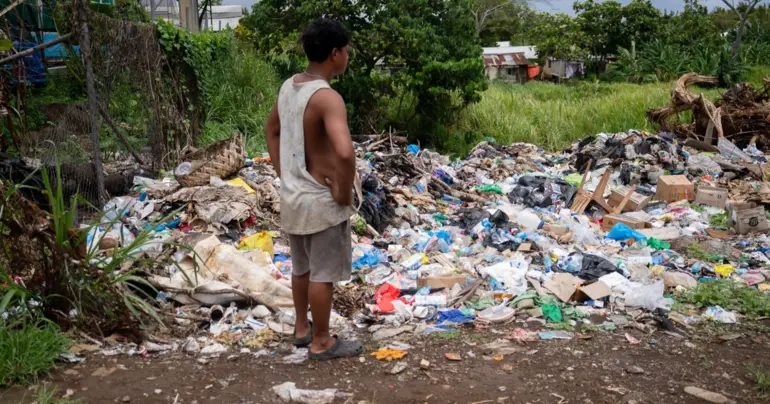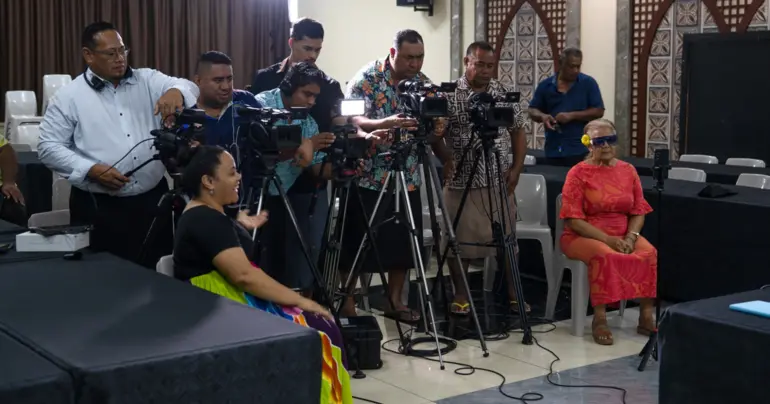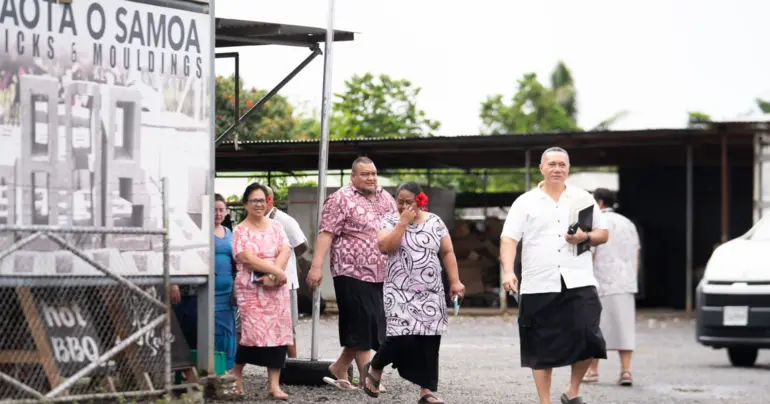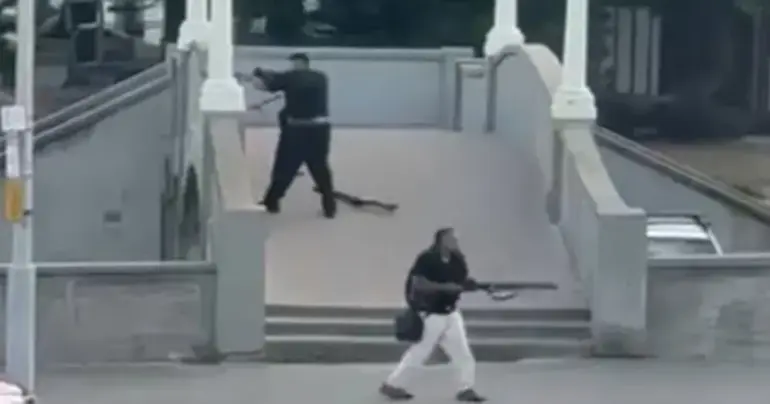Review of electoral laws and reform a necessity
 By The Editorial Board
•
29 July 2021, 5:30AM
By The Editorial Board
•
29 July 2021, 5:30AM
It can be easy for the Fa’atuatua i le Atua Samoa ua Tasi (F.A.S.T.) Government to just get on with the job of governing, having waited close to four months to assume office, after the party’s victory in April’s general election.
And defer any attempts to subject the Office of the Electoral Commission (O.E.C.) to a review on how it ran this year’s general election.
But the announcement by Minister Lefau Harry Schuster in the 28 July 2021 edition of the Samoa Observer (Minister zeroes in on electoral reform), that he is considering electoral law reforms, is welcome indeed.
Lefau, whose portfolio also includes Police Prisons and Correction Services as well as Fire and Emergency Services Authority, used as an example the powers of village mayors in the candidate vetting process in order to certify him or her eligible to contest a by-election or a general election.
“One of those laws is the requirement by the Village Mayor [...] to verify one’s candidacy and that is too much power being held by one person,” said the Minister.
The other contentious area is the monotaga (service) requirement that candidates are required to fulfill in order to certify him or her eligible to contest a by-election or a general election.
“We really need to look at that. When we have one person making the decision on whether a citizen can run or can’t run the election it makes things difficult," the Minister said.
"As far as possible in any law, in this case electoral law, should promote the freedoms afforded to us under the constitution.”
It is good to see the Minister already having a checklist of problem areas in Samoa’s electoral process that need to be reviewed, and his concerns about the powers of candidate certification being placed in the hands of one man are valid.
Part 3 Eligibility of Candidacy in the Electoral Act 2019 should be revisited, especially the provisions on monotaga. It was the cause of much strife last year, when candidate nominations for the April election opened, with a number of aspiring politicians at odds with the village mayors over whether they rendered their monotaga or met the residency requirement as stipulated under the law.
Adding to the twist is the governance framework that the Human Rights Protection Party (H.R.P.P.) Government established at the community level, with the village mayors going on the public officials’ payroll and becoming part of the Ministry of Women Community and Social Development structure.
The expectations of the village mayors towing the H.R.P.P. Government line and promoting its policies in the last five years was a given. But signing off on a candidate’s eligibility for an election, especially if he or she was endorsed by an opposition party, often places the village mayors in a vulnerable position.
Are there safeguards in the relevant legislation, in this case the Electoral Act 2019, which can offer a candidate options to get his or her monotaga or residency requirement objectively considered and approved without a village mayor’s party affiliations coming in the way?
The Supreme Court-run election petitions in the last two months have also unearthed candidate conduct which puts the spotlight on bribery and treating, which are covered under Part 13 of the Electoral Act 2019 (Corrupt and Illegal Practice).
Does the legislation need to be revisited by the Parliament and the definition of the words denoting illegal electoral conduct reviewed? And is the legislation adequate in making a demarcation between bribery and treating and traditional obligations in the lead-up to an election?
In an election petition – of which the former MP Tafua Maluelue Tafua is a party – he admitted to being involved in corrupt dealings relating to the election.
In the hearing, a lawyer told the court that 15 witnesses would give evidence that Tafua allegedly gave money to voters.
When questioned by a lawyer on the allegations, Tafua said he was no angel and would be lying if he were to say no.
He told the court that voters have certain expectations of election candidates to assist them financially and with traditional obligations such as weddings and funerals.
And then there is the ability of Members of Parliament to have the freedom to move from one political party to another, with Lefau decrying the H.R.P.P. Government’s anti-party hopping law that made it illegal for Members to change parties during the term of a parliament.
"As far as possible in any law in this case electoral law should promote the freedoms afforded to us under the constitution,” he said.
“The [Human Rights Protection Party (H.R.P..P.)] had their reasons, but the question in my mind is, how come other professions like Doctors have the freedom of Association and they can move from one party to another.
There is merit in the concerns he has raised about the need for Members to leave political parties, especially if they are members of a regime that has chosen to disregard the public good, and act in defiance of public outcry on major decisions, such as the H.R.P.P. Government’s Land and Titles Court Bills (L.T.C.) controversy which ultimately led to the party’s demise at the April election.
Though we do accept that the door can swing both ways, if the current anti-party hopping laws are changed and elected members are allowed to cross the floor without activating the by-election clause.
Offering a ministerial position to the opposing benches can easily swing power, and while Lefau’s confidence and trust in his fellow party members is admirable, human nature is such that even the most strong-hearted can buckle and give in to the temptation of power and prestige.
Nonetheless Lefau says a commission will review this year’s general election and make recommendations on how it can be improved.
It is incumbent on the Minister, due to the three-months long constitutional crisis, ensuring that the commission has bipartisan membership to ensure a comprehensive review is undertaken on all facets of the pre-polling and post-polling period in this year’s general election.
Samoa’s democracy continues to evolve and our recent political crisis makes this exercise all the more important.
 By The Editorial Board
•
29 July 2021, 5:30AM
By The Editorial Board
•
29 July 2021, 5:30AM











